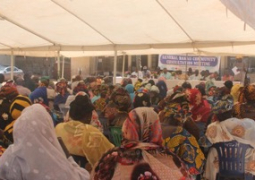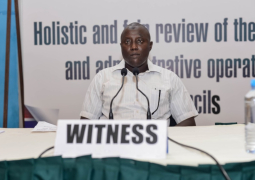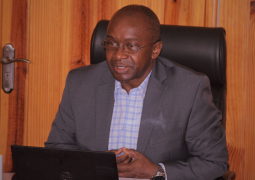
Ministers including those from prominent European countries are also demanding “tougher monitoring and repatriation of irregular migrants without further delay”.
Consequently, affected Gambians who voluntarily contacted The Point said that they are not “only scared of deportation but also abandoned”.
Responding to the Point, European officials dealing with the matter also rubbished claims that certain Gambian politicians have signed deportation orders of their own nationals.
Instead a senior official responded: “This should not be a stiff political argument … There is no official document indicating a formal agreement over deportation between the two of us… Instead, it is a normal message of understanding that both sides are expected to respect.
Nonetheless, Tafa Loum, a Gambian artist living in the Spanish city of Valencia said: “Our government should intervene and help us stay here. As an artist in a city known best for arts and culture, we want our government to intervene and help us prevent any form of deportation proceedings”.
Even though the UN has formally intervened and defines a Migrant as “anyone who is moving or has moved across an international border or within a State away from his or her habitual place of residence…” the legal impediment is that asylum seekers are required to make their claims in the first safe country they enter.
Conversely, legal experts have strongly argued that “there is no legal duty on the asylum seeker to remain” in the country they first reached, but if the rule stands, it may disqualify Gambians who passed several other countries via the “back way” prior to reaching Europe.
Furthermore, lawyers reasoned that since the end of Yahya Jammeh’s dictatorial regime, “Gambian applicants are now unable to successfully rely on human rights violations including unjustified killing and disappearance, false imprisonment and torture”.
It is also important to note that in order to gain international protection, applicants “must prove that they are unable to live safely in any areas of their country of origin due to well-founded fear of persecution”. It also has to do with the applicant’s “race, religion, nationality and political belief…”




